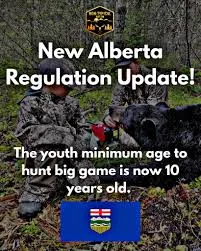
📌 Introduction
In August 2025, Alberta introduced a sweeping overhaul of its hunting regulations—changes that have ignited fierce debate across Canada’s outdoor community. While the provincial government claims the updates are designed to modernize wildlife management and expand access for new hunters, critics argue they undermine conservation ethics, public safety, and Indigenous stewardship.
From legalizing off-leash dogs for black bear hunting to lowering the legal hunting age to just 10 years old, these changes have sparked backlash from conservationists, Indigenous leaders, and seasoned hunters alike. This post breaks down the new rules, explores the controversy, and offers guidance for ethical hunters navigating Alberta’s evolving landscape.
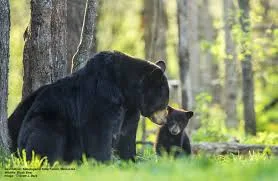
🧭 What Changed in Alberta’s 2025 Hunting Regulations?
Alberta’s new hunting regulations include several major updates that have raised eyebrows across the country. Here’s a breakdown of the most controversial changes:
🔫 1. Legalizing Off-Leash Dogs for Black Bear Hunting
Hunters are now permitted to use off-leash dogs to track and tree black bears. While this tactic is common in parts of the United States, Canadian wildlife experts warn it can lead to unnecessary stress on animals and increase the risk of injury to both dogs and bears. Critics argue that this method violates fair chase principles and could result in more aggressive bear encounters.
🧲 2. Expanded Baiting Allowances
The province has relaxed restrictions on baiting, allowing hunters to use a wider range of attractants for big game. While baiting can be effective for population control, conservationists warn it may disrupt natural feeding patterns and increase the risk of disease transmission among wildlife.
👶 3. Lowering the Legal Hunting Age to 10
Children as young as 10 can now legally hunt under adult supervision. Supporters say this change allows families to pass down traditions earlier, but others worry about safety, maturity, and the psychological impact of hunting at such a young age.
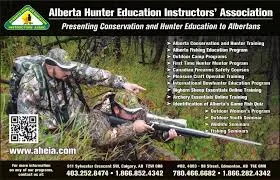
🧾 4. Removal of Mandatory Harvest Reporting for Select Species
Alberta has eliminated mandatory harvest reporting for certain game animals, including upland birds and small game. This decision has raised concerns among wildlife managers, who rely on harvest data to monitor populations and set quotas.
🔫 5. Authorization of Small-Caliber Ammunition for Big Game
Hunters may now use smaller-caliber firearms for species like deer and elk. While this may reduce recoil for younger or smaller hunters, it raises concerns about humane kills and increased wounding rates, which could lead to unnecessary suffering and lower harvest success.
🌿 Why These Changes Are Sparking Backlash – Alberta hunting regulation changes
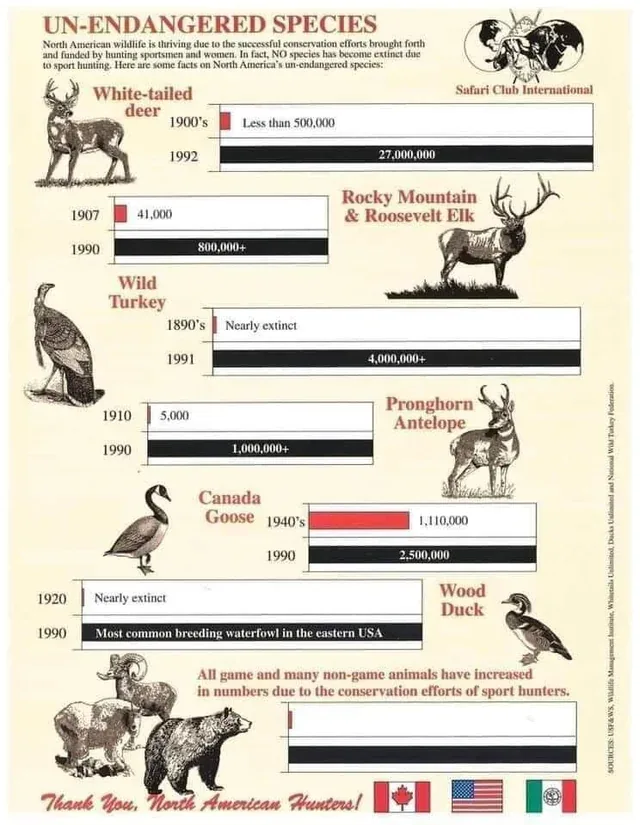
🧠 Ethical Concerns
Many seasoned hunters view these changes as a departure from the ethical principles that define Canadian hunting culture. The use of bait and dogs, especially for apex predators like bears, is seen by some as unsporting and disrespectful to wildlife. Ethical hunting is built on fair chase, respect for the animal, and responsible harvesting—and these new rules challenge those foundations.
🧬 Conservation Risks
Without mandatory reporting, wildlife managers lose critical data needed to monitor populations and set quotas. This could lead to overharvesting, habitat degradation, and long-term ecological damage. Alberta’s vast wilderness is home to delicate ecosystems, and poor data collection could jeopardize species recovery efforts.
🧑🤝🧑 Indigenous Rights and Stewardship – Alberta hunting regulation changes
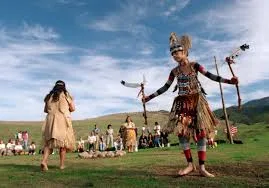
Several Indigenous communities have expressed concern over the lack of consultation. These changes may conflict with traditional land-use practices and disrupt community-led conservation efforts. Indigenous leaders argue that the new regulations ignore centuries of ecological knowledge and stewardship.
🛡️ Public Safety
Lowering the hunting age and allowing smaller-caliber weapons for big game raises questions about safety, especially in mixed-use areas where hikers, campers, and hunters share space. Critics worry that younger hunters may lack the judgment and experience needed to make safe decisions in the field.
🧠 Expert Opinions – Alberta hunting regulation changes
Dr. Elise Fontaine, a wildlife biologist at the University of Alberta, warns:
“These changes prioritize access over sustainability. Without proper data and oversight, we risk destabilizing key species and undermining decades of conservation work.”
Meanwhile, Chief Nolan Talltree of the Cree Nation says:
“We were not consulted. These regulations ignore the cultural and ecological knowledge our communities have stewarded for generations.”
These voices reflect a growing concern that Alberta’s hunting policy is moving away from science-based management and toward deregulation.
🧭 What Ethical Hunters Should Do – Alberta hunting regulation changes
If you’re planning to hunt in Alberta this season, here’s how to stay informed and responsible:
✅ 1. Review the Full Regulation Summary
Visit Alberta’s Hunting Regulations Portal for the complete list of updates and zone-specific rules. Understanding the legal framework is the first step toward ethical hunting.
✅ 2. Practice Voluntary Reporting
Even if it’s no longer mandatory, report your harvests to help wildlife managers maintain accurate data. Voluntary reporting supports conservation and helps ensure sustainable quotas.
✅ 3. Use Ethical Hunting Practices
Avoid baiting or using dogs unless absolutely necessary. Focus on fair chase principles and humane harvesting. Ethical hunting builds trust within the community and preserves the integrity of the sport.
✅ 4. Engage with Indigenous Communities
If hunting near Indigenous lands, seek permission and learn about local stewardship practices. Respect goes a long way, and collaboration can lead to deeper understanding and shared conservation goals.
✅ 5. Prioritize Safety
Ensure young hunters are properly trained and supervised. Use appropriate calibers for clean, humane kills. Safety should always be the top priority—both for hunters and the public.
🧭 Final Thoughts – Alberta hunting regulation changes
Alberta’s 2025 hunting regulation changes are more than just policy updates—they’re a flashpoint in the ongoing debate between access and ethics, tradition and modernization. While some hunters welcome the increased flexibility, others worry about the long-term consequences for wildlife, culture, and safety.
As stewards of the land, ethical hunters have a responsibility to stay informed, engage respectfully, and hunt with integrity. The future of Canadian hunting depends not just on what’s legal—but on what’s right.




















